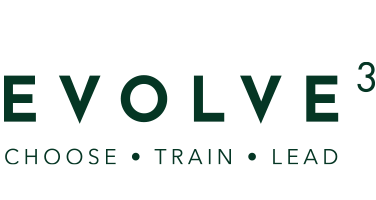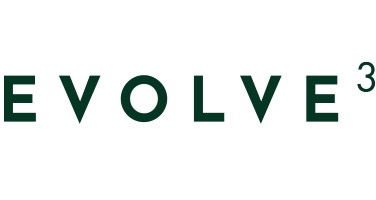
14 May 10 tips for improving your personal effectiveness
Many managers and chefs have told me that they’re struggling to find the time to focus on the forward planning and business development aspects of their job because they’ve become more hands-on due to the ongoing staffing crisis.
If you’re short staffed, how do you free up some of your own time to get back to working on the business?
It’s a catch 22, you’re drawn back into daily operations which means you stop future planning.
Many of the important strategic future business development steps you need to focus on are predictable:
- How will we staff up for summer?
- How will we train and develop our team leaders?
- What’s our plan for maintaining profit margins with rising costs?
- How will we keep our offer current and on trend?
- What new technology should we consider to be efficient and productive?
If you’re not finding enough time and uninterrupted headspace to work on your business, consider the following:
- Set goals
Goals give your life, and the way you spend your time, direction.
Set goals which are S.M.A.R.T. –
Specific | Measurable |Attainable | Realistic |Time-defined
Each goal is the next stepping stone towards your ultimate destination. The best goals are those which cause you to stretch but not break as you strive for achievement.
- Prioritise
Use the 80/20 rule or ‘Pareto Principal’. This is based on the work of Italian economist Vilfredo Pareto and states that 80% of your outcomes come from 20% of your time and effort. The trick to prioritising is to identify that valuable 20%, then allocate enough time to complete these tasks properly. If you really want to turbocharge your time-use, once you’ve identified the effective 20% of your time-use, try and double it!
- Spend time planning and organising
Time spent thinking and planning is time well spent. It is said that if you fail to make time for planning, you are, in effect, planning to fail.
- Use a to-do list
Construct your daily to-do list either last thing before you finish up or first thing in the morning.
Your to-do list can be combined with your online calendar/mail/reminders/notes or other scheduling tools. You may prefer to keep a ‘running’ to-do list that is continuously updated.
Don’t be afraid to try a different method until you find what works for you.
And don’t forget to regularly look ahead to your longer-term goals and deadlines. What needs to be started today so you get to where you want to be in a month, 3 months, next year etc?
- Eliminate the urgent
Urgent tasks have short term consequences while important tasks are those with long-term, goal-related implications. Work towards reducing the urgent things so you’ll have time for your important priorities. Flagging or highlighting items on your to-do list or attaching a deadline to each item may prevent important items from becoming emergencies. Your goal-related tasks should be completed properly, without being rushed.
- Be flexible
Allow time for interruptions & distractions. If you expect to be interrupted at certain times, schedule routine tasks for these periods. Save (or schedule) larger blocks of uninterrupted time for your longer term goals and priorities. When you are interrupted ask yourself: ‘What is the most important thing I can be doing with my time right now?’ to help you get back on track fast.
- Do the right thing right
Consider this ‘doing the right thing is more important than doing things right’. Doing the right thing is effectiveness; doing things right is efficiency. Focus first on the most effective thing to do (the right thing), then concentrate on the most efficient way to do it (the right way).
- Avoid being a perfectionist
Yes, some things need to be closer to perfect than others, but perfectionism – paying unnecessary attention to detail – can be a form of procrastination.
- Conquer procrastination
When you’re avoiding something, break it into smaller tasks and do just one of the smaller tasks or set a timer & work on the big task for just 15 minutes. By doing a little at a time, eventually you’ll reach a point where you’ll want to finish.
- Learn to say no
Such a small word – and often so hard to say. Getting your goals clear may help. Block time for important priorities, both business and personal. First, you must be convinced that you and your priorities are important – that’s often the hardest part in learning to say ‘no’. Once you’ve convinced yourself of that, saying ‘no’ gets easier.
If you can gain more control over your own time, you’ll be able to give proper attention to forward planning, which will certainly involve choosing, training, and leading your people as effectively as possible. If you’d like to discuss how we can help, get in touch.



